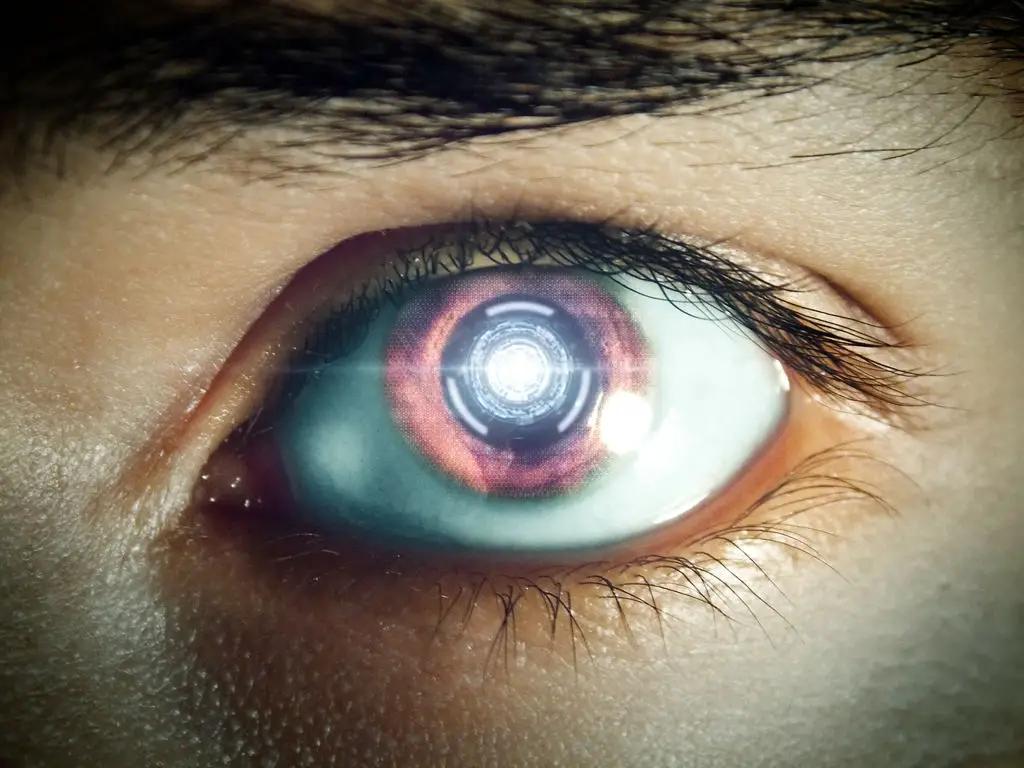Science & Tech
Bioengineers Create ‘Psychic Robot’ That Can Predict Your Intentions

Stephen Hawking, as well as some other world-renowned scientists, has long warned about the dangers of artificial intelligence to humanity. He believes that if robots exude intelligence equal to or exceeding that of humans someday, they could eventually destroy the human race. You may think that this sounds like the plot for a science fiction movie, but, in fact, robots are constantly becoming more intelligent and capable, which makes an AI takeover scenario more realistic than it seems.
Thus, a recent advance in artificial intelligence could eventually make robots smart enough to intuit humans’ intentions. A group of bioengineers from the University of Illinois in Chicago developed a so-called “psychic robot” that can predict our physical actions thanks to a mathematical algorithm, which estimates a person’s intents by analyzing their previous actions.
In a related experiment, research subjects reached for an object on a virtual desk, but their hand was pushed in the opposite direction. The researchers tracked and analyzed these actions and came up with an advanced algorithm that predicted the movement intended by the subject’s hand. So, even despite that the action was interrupted, the algorithm could still calculate the way the person wanted to move.
“We call it a psychic robot,” said Justin Horowitz, first author of the study published in the journal PLOS ONE. “If you know how someone is moving and what the disturbance is, you can tell the underlying intent.”
While the possibility of robots predicting our intentions sounds somehow creepy, the algorithm developed by the University of Illinois researchers could actually have lots of useful applications in real life. For example, it could help significantly advance ‘smart’ prosthetics. People suffering from tremors or muscle spasms, such as stroke patients, could benefit from a ‘smart’ prosthesis able to calculate their intents and help them complete the action smoothly despite the physical shaking.
The algorithm could also help make semi-autonomous vehicles safer. In particular, in case the car goes out of control, the algorithm could correct its course by analyzing the driver’s previous actions.
As Horowitz explained,
“The computer has extra sensors and processes information so much faster than I can react. If the car can tell where I mean to go, it can drive itself there. But it has to know which movements of the wheel represent my intention, and which are responses to an environment that’s already changed.”
Well, at the moment, robots may not be smart enough to read our minds, but with further advancements in AI, this could happen rather soon. And who knows what consequences it may have for the future of our civilization…
Typos, corrections and/or news tips? Email us at Contact@TheMindUnleashed.com
